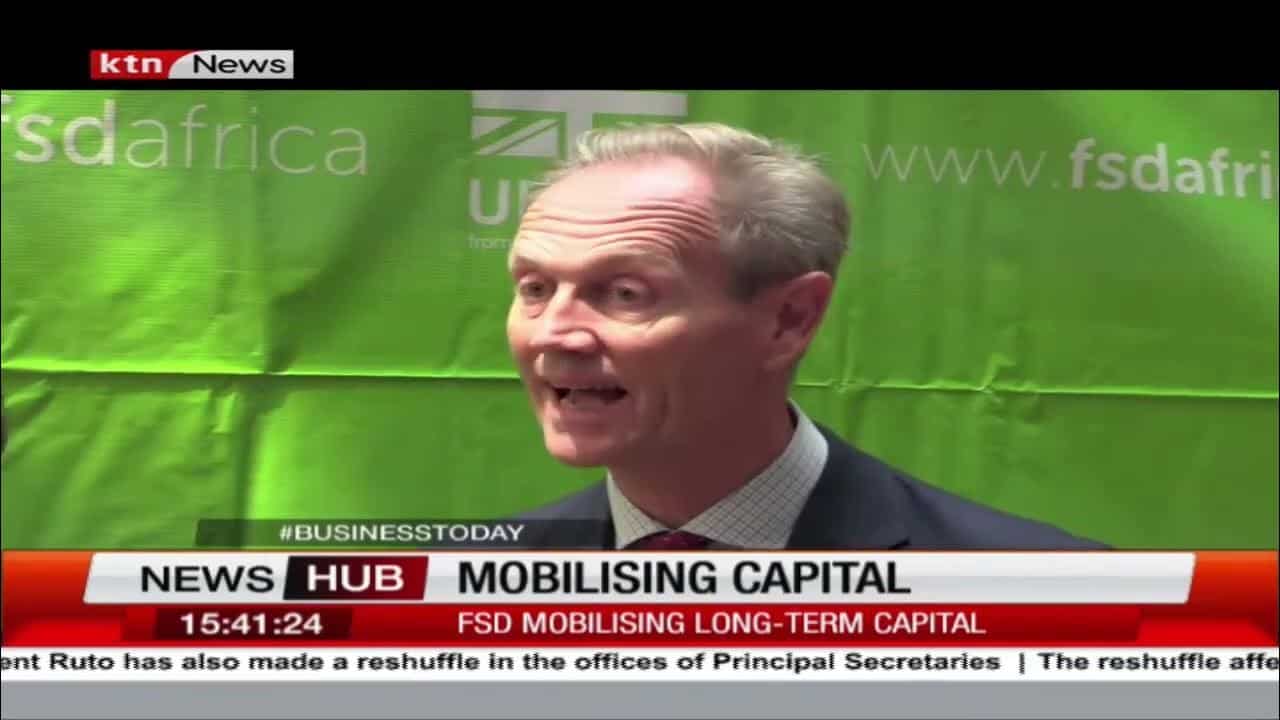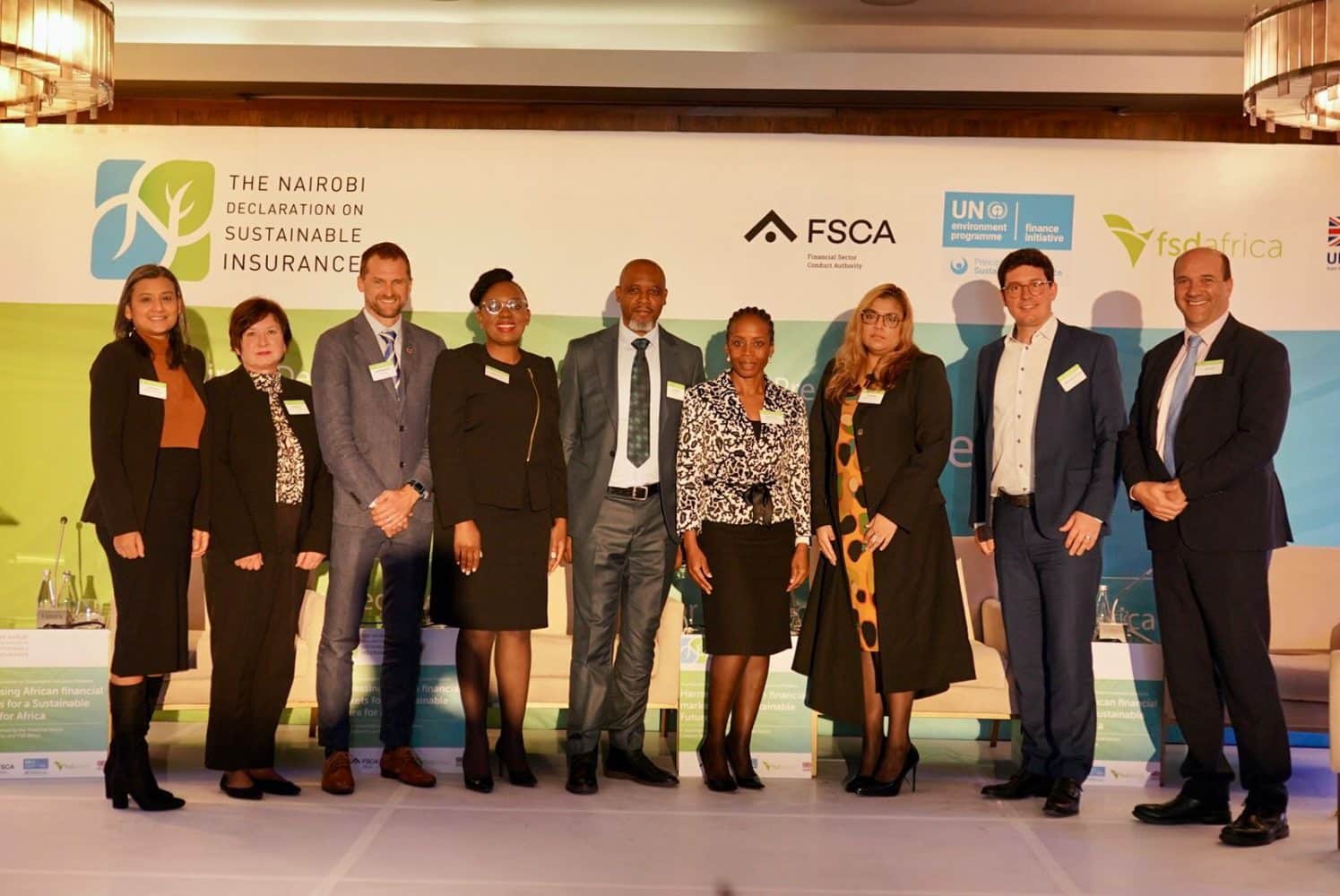In Summary
- The Capital Markets Authority (CMA) has attributed the drop to slower economic growth, insufficient investment growth and macroeconomic instability.
- Financial Sector Deepening Africa (FSD Africa) has however singled out readily available bank loans and disclosure issues as a major challenge.
Private firms and major corporates are not tapping opportunities in Kenya’s bond market, according to a financial markets agency.
This, it says, notwithstanding huge opportunities mainly in climate-friendly investments.
Financial Sector Deepening Africa (FSD Africa) cites readily available bank loans and avoidance of disclosures by private entities as the main drawbacks in issuance of corporate bonds
A corporate bond is a fixed income instruments issued by a company in order to raise capital.
The corporate bond market in Kenya enables companies’ access long-term capital at competitive rates, enhancing their growth and development.
Latest Nairobi Securities Exchange barometer shows bonds turnover recorded a 47.17 per cent decline in April, from Sh70.66 billion in March 2023, to Sh37.33 billion.
In the first quarter of the year, turnover fell 14.9 percent year-on-year with investors trading bonds worth Sh162.51 billion in the period, down from Sh190.9 billion in the first quarter of last year.
The Capital Markets Authority (CMA) has attributed the drop to slower economic growth, insufficient investment growth and macroeconomic instability.
“Most issuers don’t want to disclose, because when you come to the market with a corporate bond, the idea is you get less stringent requirements but in exchange for that, you offer to become more transparent,” director of capital markets Evans Osano said.
He spoke during a round table in Nairobi on Wednesday which brought together capital market stakeholders including potential issuers in both banking and non-banking sectors, intermediaries, fund managers and other sector players.
There have been little activities in the bond market in recent years despite their ability to raise long-term capital at affordable rates to fund growth.
Corporate bonds are less risky and less volatile compared to other asset classes.
Recent activities include the Kenya Mortgage Refinancing Company’s seven-year tap issue and Kenya’s first green bond by Acorn Holdings Limited.
The Sh5.7 billion green bond programme, partially guaranteed by GuarantCo, was cross-listed on the International Securities Market (ISM) of the London Stock Exchange, and at the Nairobi Securities Exchange (NSE) in 2020.
Others were East African Breweries five-year fixed-rate instrument floated in 2021 to repay debt with a maturity date of October 2026, Family Bank’s five and a half-year bond floated on 2021, and Centum Investment’s bond floated in 2020 with a maturity date of this December.
“The process of going to the market, including approvals and listing is discouraging some of the potential issuers. We have to make the process as seamless and cost effective as possible so that it is not a barrier or excuse for not coming to the market,” Osano said.
Data analysis and financial expert Mihr Thakar however notes rising interest rates have lead to losses for existing bond holders.
“New buyers from the secondary market will bid in a way that would result in losses for sellers of the older securities. A standoff between buyers and sellers results in lower bond turnover at exchange,” Thakar told the Star yesterday.
FSD Africa called for tapping into green investment bonds in the country saying they provide a huge opportunity.
Some of the potential sectors include built environment, ICT, telecommunication, agriculture (climate smart), green manufacturing and carbon markets.
Fund managers, who are said to be conservative, need to switch from looking at risk returns towards green opportunities, the agency notes.
The outstanding corporate bonds in Kenya are 0.2 per cent of GDP, of which 99 per cent is from banks and a mere one per cent from corporate bonds.
CMA has since committed to accelerate growth of the capital markets.
“The Capital Markets Authority will continue to develop and enhance its regulations to support and accelerate the growth path of Kenya’s capital market enhancing mobilization of domestic resources and international capital in Kenya through the NSE,” chairman Nicholas Nesbitt notes.








